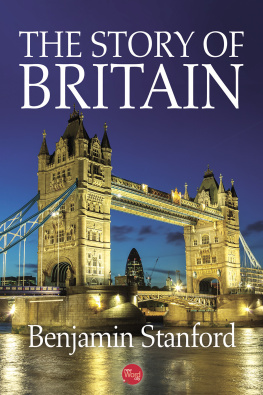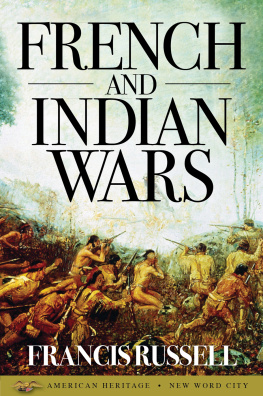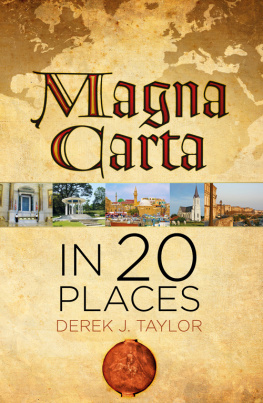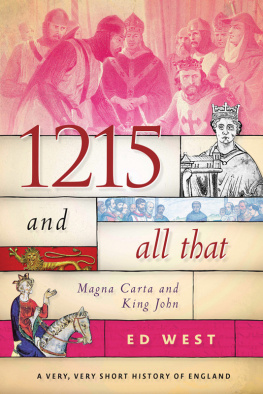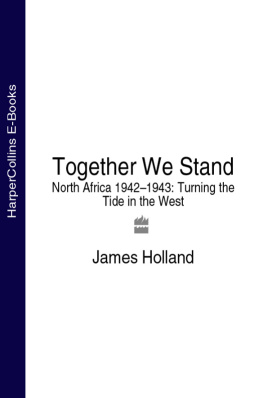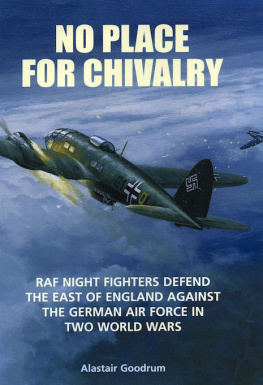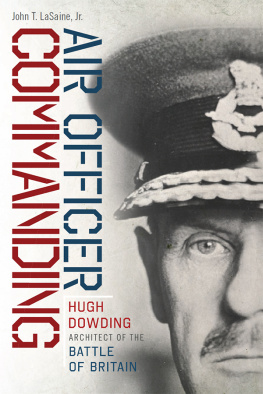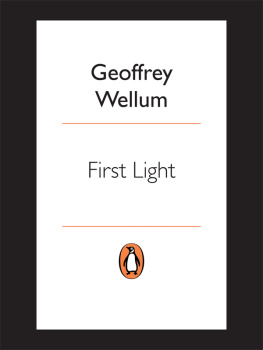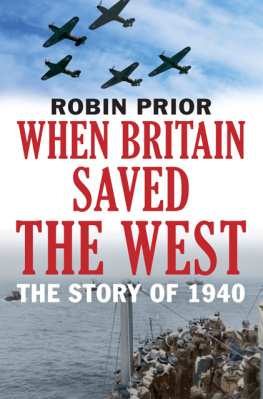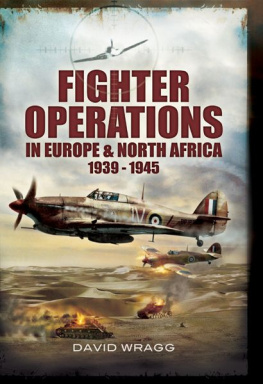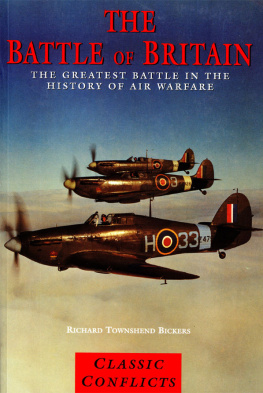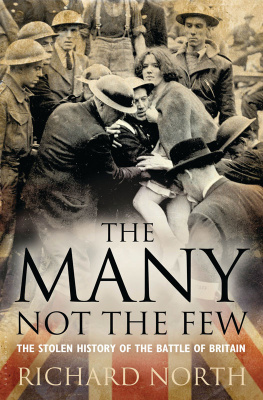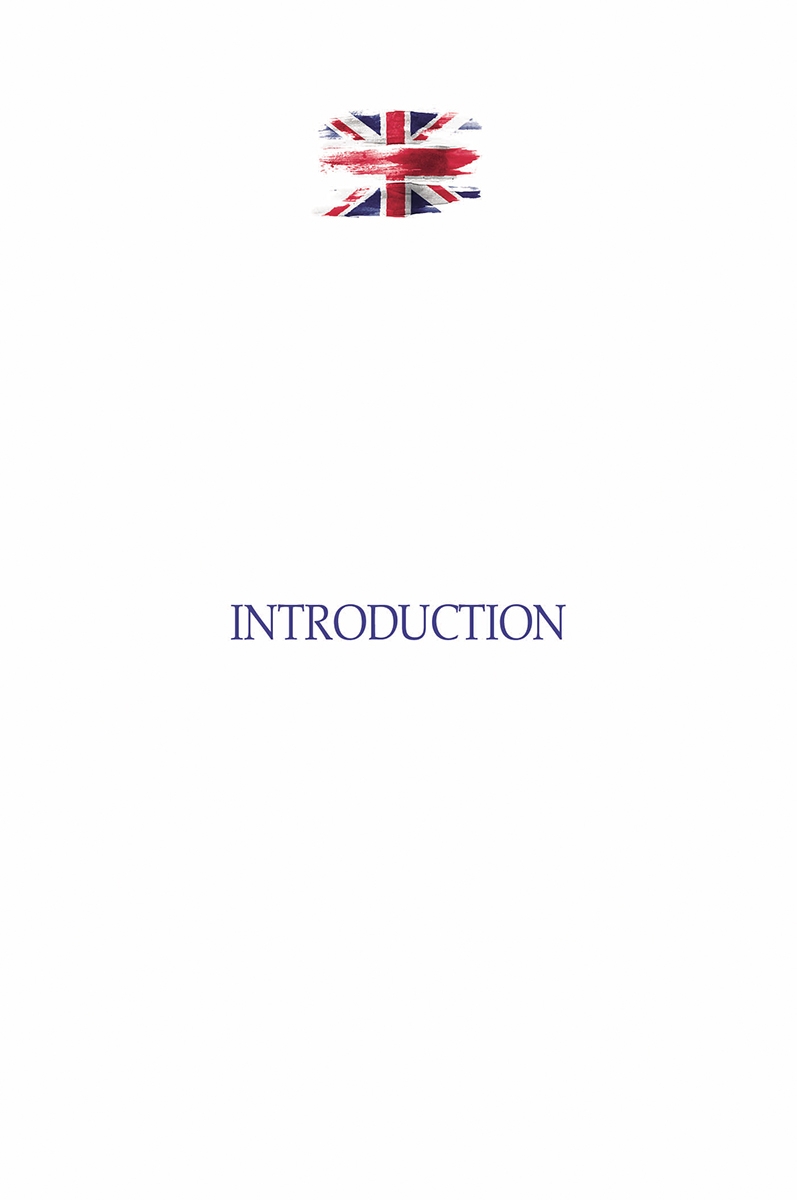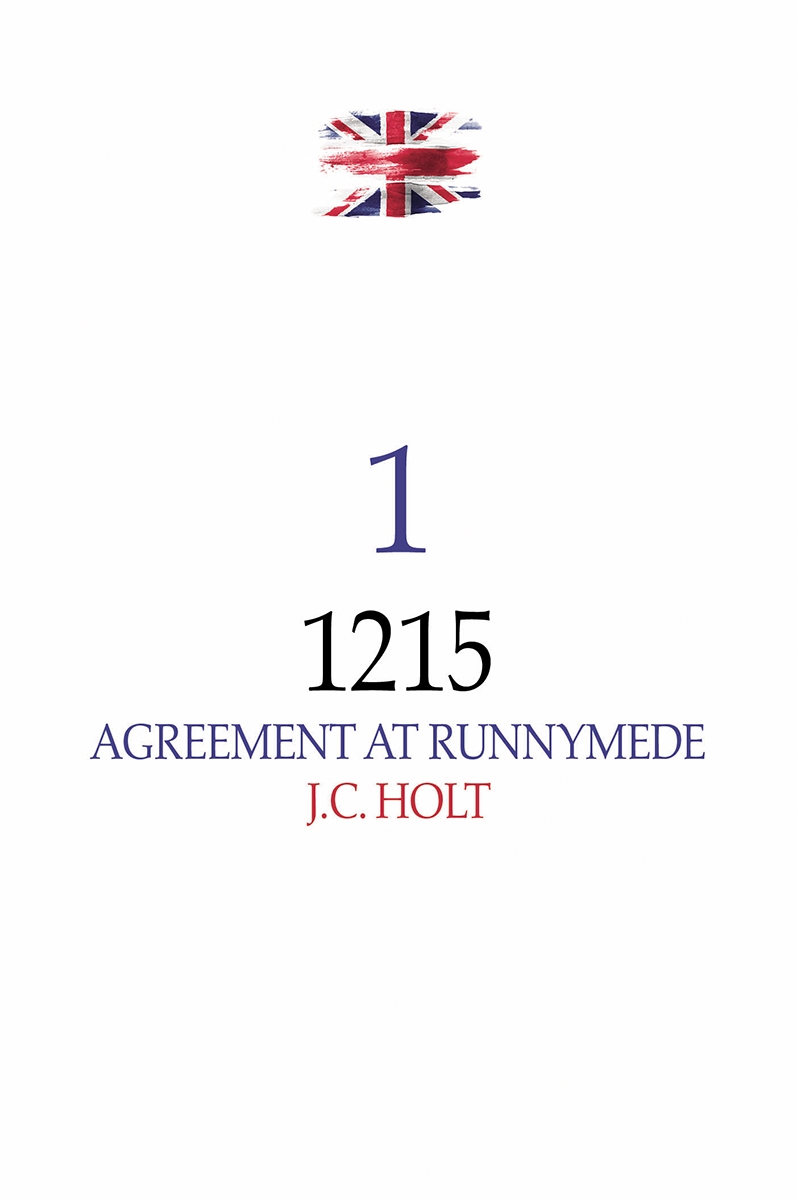The story of Britain is more than a history of England, Great Britain, or the United Kingdom. It is an exploration of how an isolated nation, separated from the rest of the world by a channel of water - at its narrowest, 20.7 miles - came to dominate the globe in trade, government, language, and culture.
The British might say, with characteristic understatement, that they just have a knack for these things and theyre just happy it all worked out. But theres more to their success than simply good luck and timing.
What the narratives in this book underscore is that Britains success was hard-won, with the outcome not always assured. Moreover, the countrys struggle was not only nation against nation, but often countryman against countryman, leaving an enmity between former friends that lingered long after the fighting stopped.
This book opens in the year 1215, with the drafting of the Magna Carta, based on a concept revolutionary in the Middle Ages: a king agreeing to limit his power. From there, we explore the founding of Parliament, a further nod toward some form of representational government. These two events set the stage for enormous power struggles across the island nation, seen in Wat Tylers rebellious march on London in 1381 and the thirty-two year War of the Roses, fought between Britains ruling classes.
In these early years, Britain went to war often, mostly against the French in the seemingly endless battle known as the Hundred Years War, no more bloody and brutal than at the Battle of Agincourt, where English king Henry V turned disaster into victory and laid the foundation of a dynasty.
A century later, another Henry, Henry VIII, would break with the Catholic Church and assert his primacy over the pope, all to divorce his first wife so he could take another. It was during this time, an era of exploration and colonization, that the horizons of Britain and the known world would begin to change and Britain would assert its rights in the far reaches of the globe. The Raid on the Medway, part of the Dutch-Anglo wars, underscores the bitter rivalries created by the rush to dominate the trade routes that would secure this new wealth.
By the mid-eighteenth century, Britains presence was felt everywhere. As chapter eleven explains, the cocky Brits beat back the French in North America but would pay the price for their arrogance by losing their colonies in the Americas.
More recently, this book examines the countrys technological advancements. Queen Victorias Crystal Palace, the worlds first great exposition, was a chance to showcase Britains prowess at the dawn of the Industrial Revolution. These advancements had a dark side, however, as the chapter on the Luddite movement makes clear.
The book closes with two defining moments of World War II. The first is Prime Minister Neville Chamberlains attempt to avoid Englands entry into the war by the delicate approach of appeasement - a diplomatic tactic he was roundly criticized for, not because anyone was against diplomacy, but because there was no appeasing Adolf Hitler. The last is the Battle of Britain, a failed attempt by the Germans to bomb England into submission. That story, and Prime Minister Winston Churchills words - Never give in! Never give in! Never, never, never, never, never in nothing great and small, large and petty Never give in except to convictions of honour and good sense! - reveal all there is to know about the British character.
On June 15, 1215, a remarkable confrontation took place at Runnymede, a meadow located a mile or so to the west of the Thames-side town of Staines and twenty miles southwest of London. This unusual assembly, a formal meeting between King John of England and a party of his subjects who had been in rebellion since the beginning of May, had been called to settle the dispute concerning the kings rule and the general conduct of the government. As such, the gathering at Runnymede was unprecedented in English history.
When the antagonists met on June 15, the broad terms of agreement had already been settled through official envoys. The confrontation at Runnymede was the final stage of a long and complex series of negotiations begun by representatives of the beleaguered king and his rebellious barons on May 25, 1215. On June 19, a final settlement, described in the records of the meeting as a firm peace, was finally reached.
Nonetheless, King John and his opponents continued to meet at Runnymede through June 23, for the king was compelled to fulfill immediately some of the concessions he had promised. From June 15 to 23, therefore, John and the rebel lords rode out to Runnymede daily; the king and his supporters from his castle at Windsor, the rebel party from the town of Staines.
The rebel party, made up of a group of barons and their supporters, was dominated by Englands most powerful landowners, who held title to their estates in ret urn for military and other forms of feudal service to the king. The final settlement therefore assumed feudal characteristics that now seem antiquated and inadequate: The rebels renewed their homage and fealty to the king; the king and his leading supporters swore a solemn oath to observe the terms of the settlement ; and the execution of the agreement was secured by a treaty that placed the barons in charge of London, the capital of the realm. The terms of the settlement were written in a charter, one that came to be known, because of its large size, as Magna Carta, or the Great Charter.
At the time, the charter form seemed the most suitable vehicle for the terms of peace. Charters were frequently used in the early 1200s to record grants of land, rights or privileges; they were the most solemn and formal documents available for such transactions. In 1215, England had no statute laws and only a rudimentary concept of legislation. Hence this part of the settlement took the form of a solemn concession, an apparently voluntary act of self-restraint, whereby John promised to right the wrongs alleged against him and to limit both his own and his successors actions in the future. Magna Carta was traditional and familiar in form, a fact that seemed to give it strength and permanence.
King John did not actually affix his signature to the Charter; instead, it was stamped with the impression of the Great Seal and witnessed by the Archbishop of Canterbury and other great men. Written in Latin and later divided into some sixty numbered chapters, the document originally had no reference aids and ranged haphazardly over most aspects of government.
First, Magna Carta sought to regulate the feudal relationships between the Crown and its immediate tenants by laying down rules about payments due on the succession to estates, about the custody of wards and their lands, and about the marriages of heiresses. Second, it provided for regular justice in central and local courts and sought to ensure that the king would only act against his subjects by recognized legal procedure. The most famous and most significant chapter of Magna Carta, Number 39, states: No free man shall be taken or imprisoned or deprived or outlawed or exiled or in any way ruined... except by the lawful judgment of his peers or by the law of the land.
Third, the Charter attempted to regulate the king s financial power, seeking to control his right to tax and the manner in which his officers collected debts or sought to increase royal revenues. Fourth, it de manded that the king restore rights and property that he had seized or acquired by unjust agreements. Fifth, it arranged for the election in every county of juries of knights who were to inquire into the activities of the sheriffs and other local agents of the Crown. Finally, the Great Charter established a body of twenty-five barons - originally twenty-four of the rebel leaders and the Mayor of London - who were to hear and adjudicate complaints and claims against the king under the terms of the Charter.

